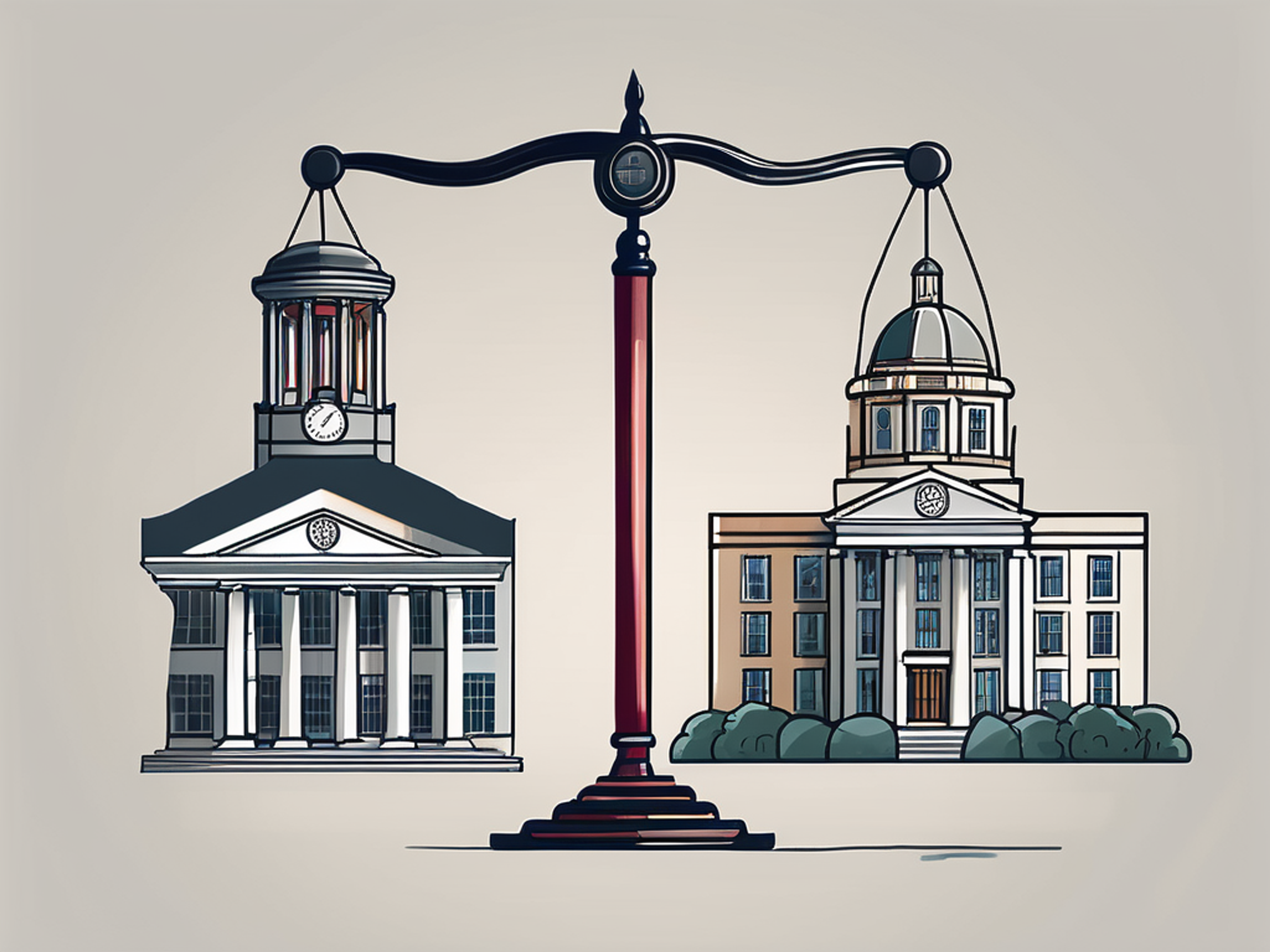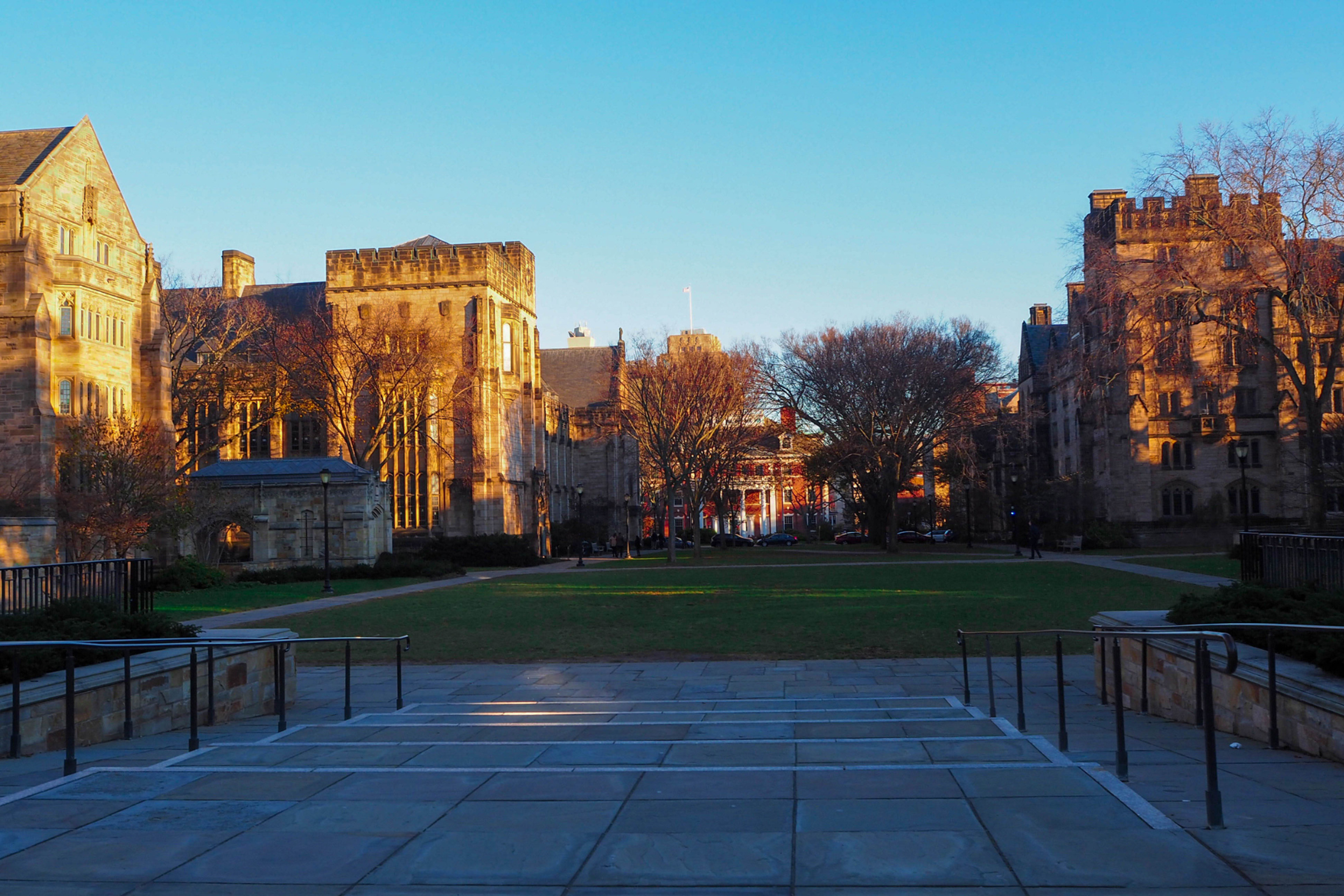
Table of Contents
Free Event

Featuring Melanie E.
How to Get a Head Start on Your MBA Application
Starting Wednesday, April 16
10:00 PM UTC · 60 minutes

Featuring Melanie E.
Harvard Business School (HBS) is one of the most prestigious business schools in the world. Known for its rigorous curriculum, world-class faculty, and diverse student body, HBS offers a unique and enriching experience for its students. However, this experience comes with a significant financial commitment. In this comprehensive guide, we will break down the tuition and fees for HBS for the academic year 2024.
Tuition Cost
The tuition cost is the most significant part of the financial commitment to HBS. For the academic year 2024, the tuition fee is expected to be around $74,910. This fee covers the cost of instruction and use of facilities at the university. It is important to note that the tuition fee is subject to change each year, depending on various factors such as inflation and university expenses.
While the tuition fee is a substantial amount, it is comparable to other top-tier business schools. The tuition fee is an investment in your future, as a degree from HBS can open doors to lucrative career opportunities. However, it is crucial to plan your finances carefully to manage this cost.
Student Health Fee and Student Health Insurance Plan
The Student Health Fee (SHF) is mandatory for all students unless they can provide proof of comparable coverage. For the academic year 2024, the Student Health Fee is expected to be around $1,408. This fee covers the cost of the Harvard University Student Health Program, which provides comprehensive health care services. While the Student Health Insurance Plan (SHIP) is expected to be around $4,120.
It is important to note that the SHF and SHIP are subject to change each year. Students are advised to check the latest fee structure from the official HBS website.
Course and Program Materials Fee
The Course & Program Materials Fee is a part of the total fee. For the academic year 2024, the Course & Materials Program Fee is expected to be around $2,600 for all students.
Like the Student Health Fee and Student Health Insurance Plan, the Course & Program Materials Fee is subject to change each year. Students are advised to check the latest fee structure from the official HBS website.
Living Expenses
In addition to the tuition and fees, students need to consider the cost of living in Boston. For the academic year 2024, other living expense are expected to start at $8,130 with the option of paying it monthly.
Housing
Housing is one of the major living expenses for HBS students. The cost of housing can vary significantly depending on the type of accommodation and its location. On-campus housing ranges from $16,200 to $31,500 for 9 months per academic year, while off-campus housing can be more expensive.
It is important to note that on-campus housing is limited and not guaranteed for all students. Therefore, students need to consider the cost of off-campus housing in their budget.
Meals
The cost of meals is another significant living expense. The cost can vary depending on personal eating habits and whether students choose to eat on campus or off campus. On average, students can expect to spend around $6,030 to $11,090 for 9 months per academic year on meals.
While meals can be a significant expense, there are ways to manage this cost. For example, students can choose to cook at home or take advantage of meal plans offered by the university.
Transportation
The cost of transportation can vary depending on the mode of transportation and the distance from campus. On average, students can expect to spend around $2,240 to $3,900 for 9 months per academic year on transportation.
Students can manage this cost by using public transportation, biking, or walking. The university also offers shuttle services that can help reduce transportation costs.
Personal Expenses
Personal expenses can include a wide range of costs such as books, supplies, personal care, and entertainment. On average, students can expect to spend around $3,000 per academic year on personal expenses.
While personal expenses can be significant, there are ways to manage this cost. For example, students can buy used books, share supplies, and take advantage of student discounts.
Financial Aid
While the cost of attending HBS is significant, the university offers a wide range of financial aid options to help students manage this cost. These options include scholarships, loans, and work-study programs.
Scholarships are a form of financial aid that does not need to be repaid. HBS offers both need-based and merit-based scholarships. The amount of scholarship can vary depending on the financial need and academic merit of the student.
Loans are a form of financial aid that needs to be repaid with interest. HBS offers both federal and private loans. The terms and conditions of the loans can vary depending on the type of loan and the lender.
Work-study programs allow students to work part-time to earn money to help pay for their education. HBS offers a wide range of work-study opportunities in various departments and offices.
In conclusion, while the cost of attending HBS is significant, it is an investment in your future. With careful planning and the help of financial aid, it is possible to manage this cost and achieve your educational goals.


















